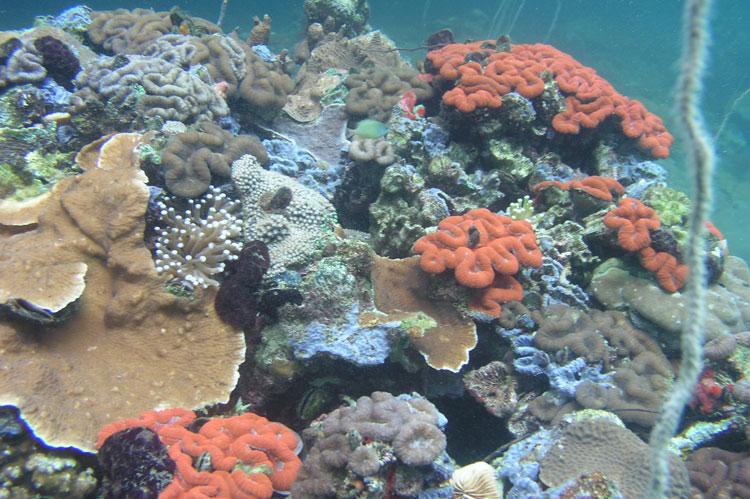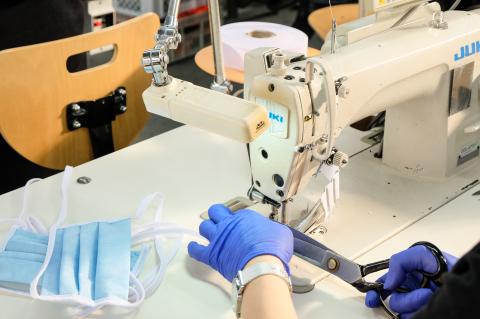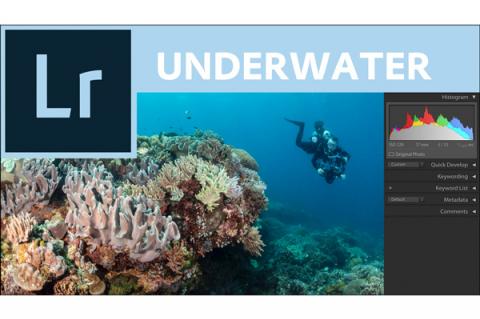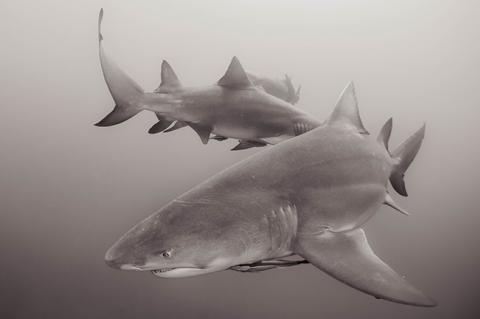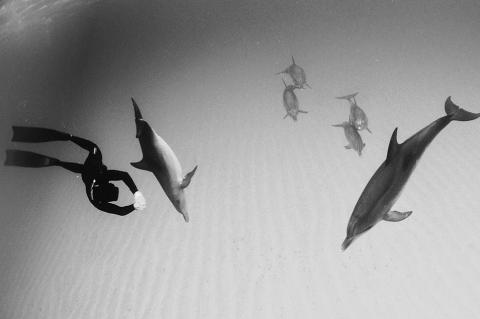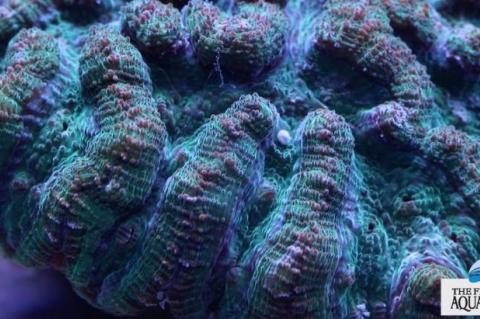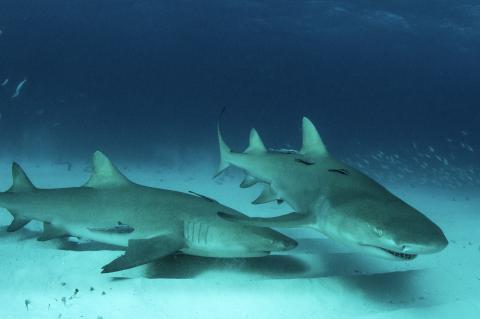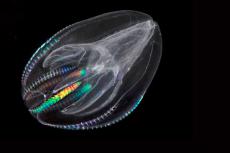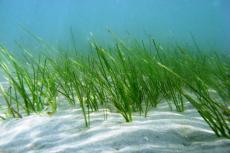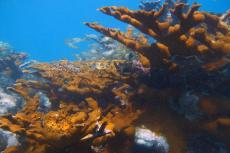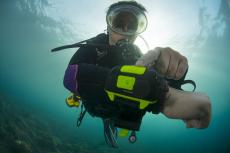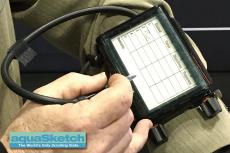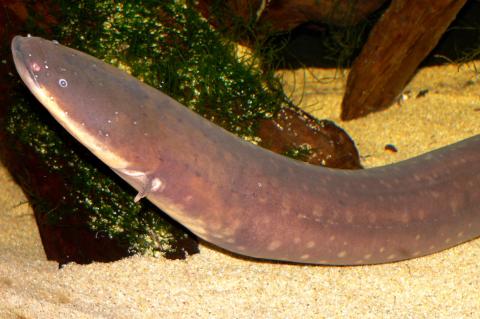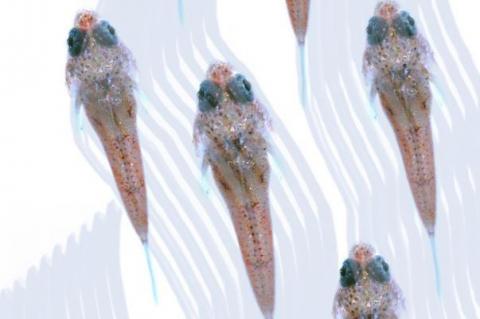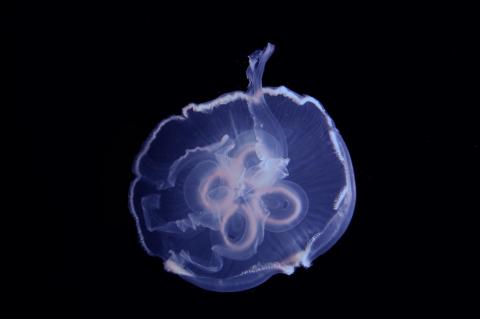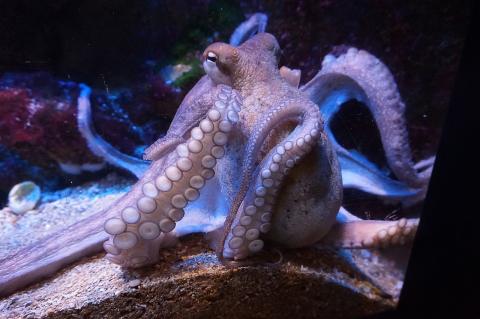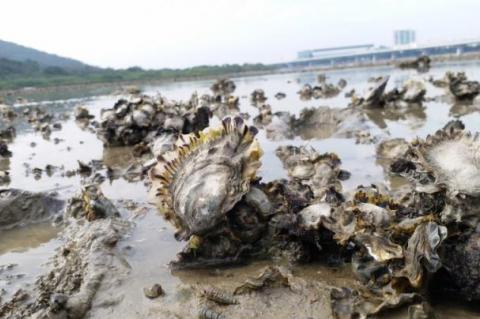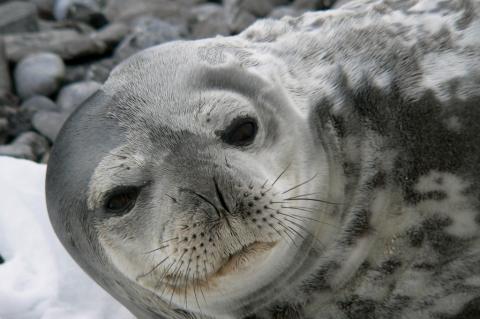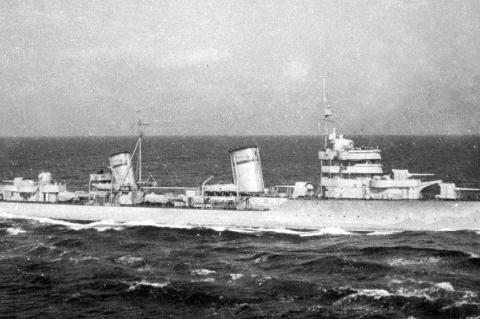Palau reefs shows resistance to acidification
Two unexpected discoveries could provide insight into corals' resistance and resilience to ocean acidification.
Ocean researchers working on the coral reefs of Palau collected water samples at nine points along a transect that stretched from the open ocean, across the barrier reef, into the lagoon and then into the bays and inlets around the Rock Islands of Palau, in the western Pacific Ocean. With each location they found that the seawater became increasingly acidic as they moved toward land.
Through analysis of the water chemistry in Palau, the scientists found the acidification is primarily caused by the shell building done by the organisms living in the water, called calcification, which removes carbonate ions from seawater. A second reason is the organisms' respiration, which adds CO2 to the water when they breathe.
"These things are all happening at every reef," said WHOI biogeochemist Anne Cohen one of the study's co-authors. "What's really critical here is the residence time of the sea water."
The scientists' next steps are to determine if these corals are genetically adapted to low pH or whether Palau provides a "perfect storm" of environmental conditions that allows these corals to survive the low pH.
"If it's the latter, it means if you took those corals out of that specific environment and put them in another low pH environment that doesn't have the same combination of conditions, they wouldn't be able to survive," said Cohen. "But if they're genetically adapted to low pH, you could put them anywhere and they could survive."


